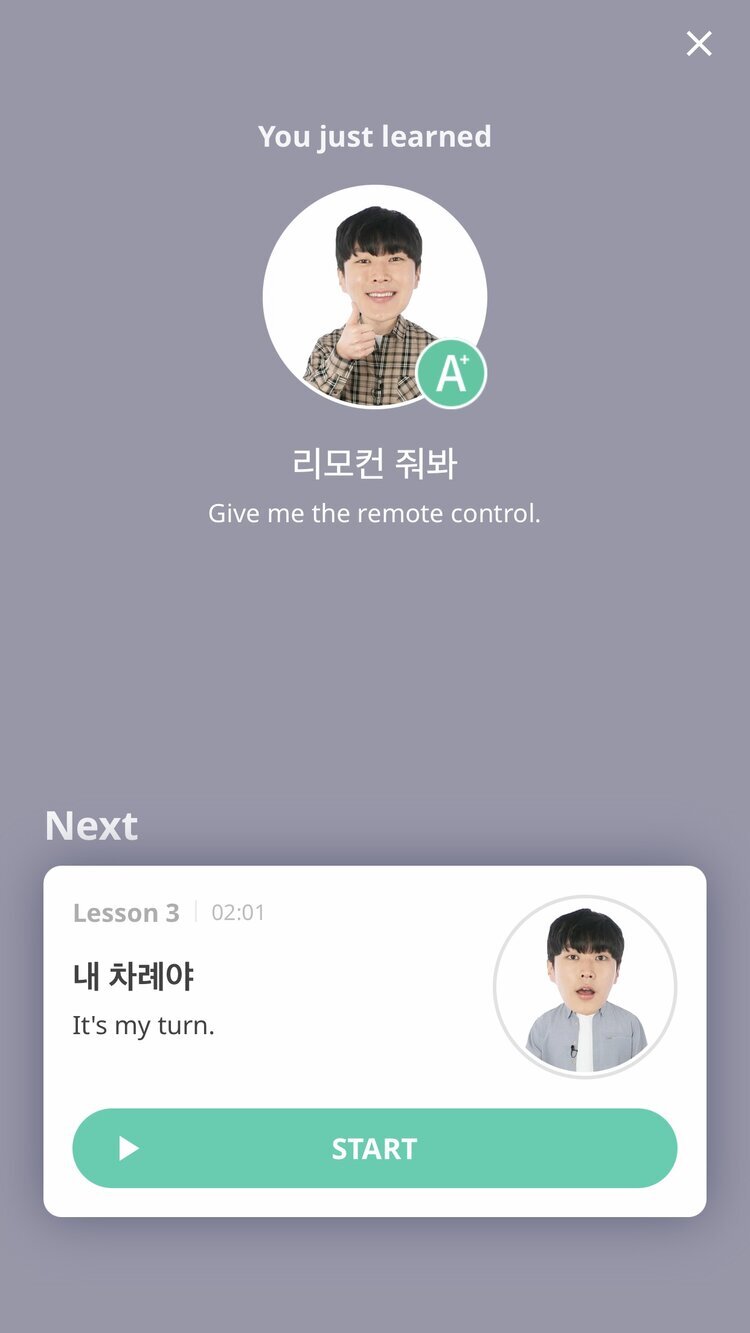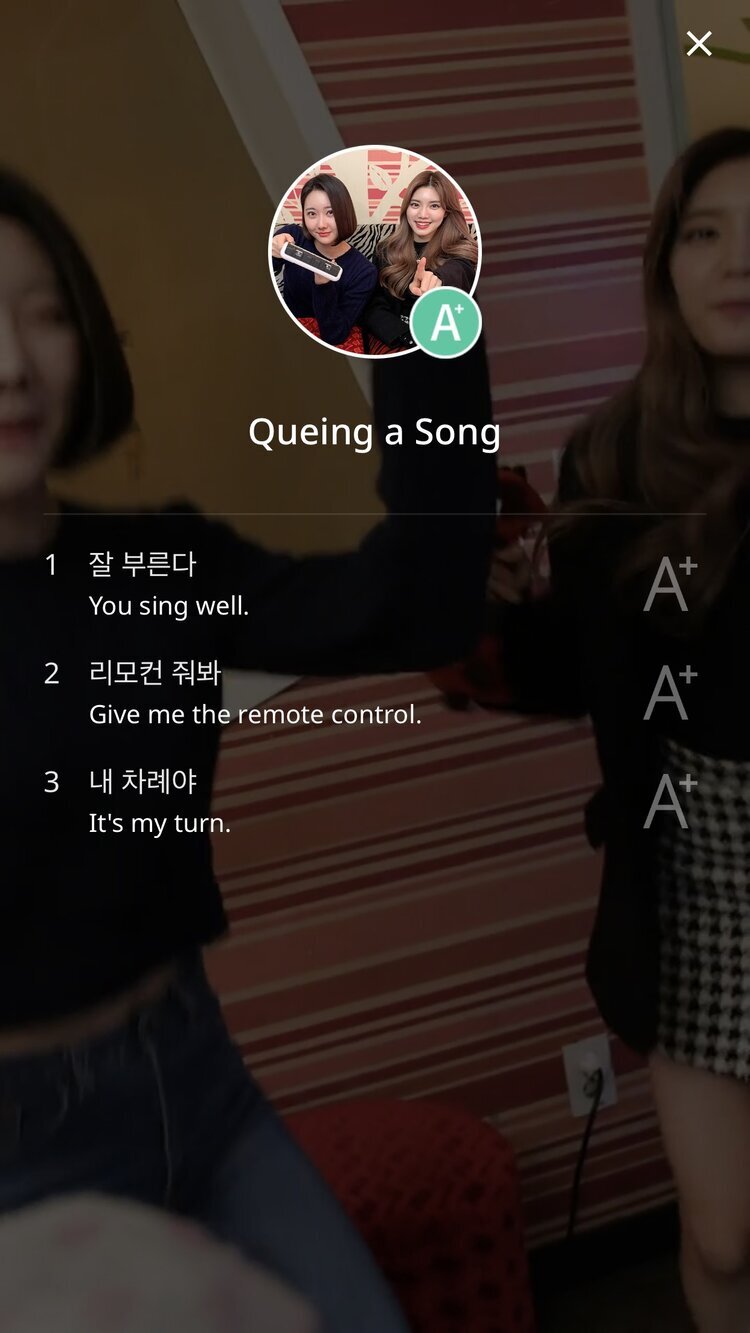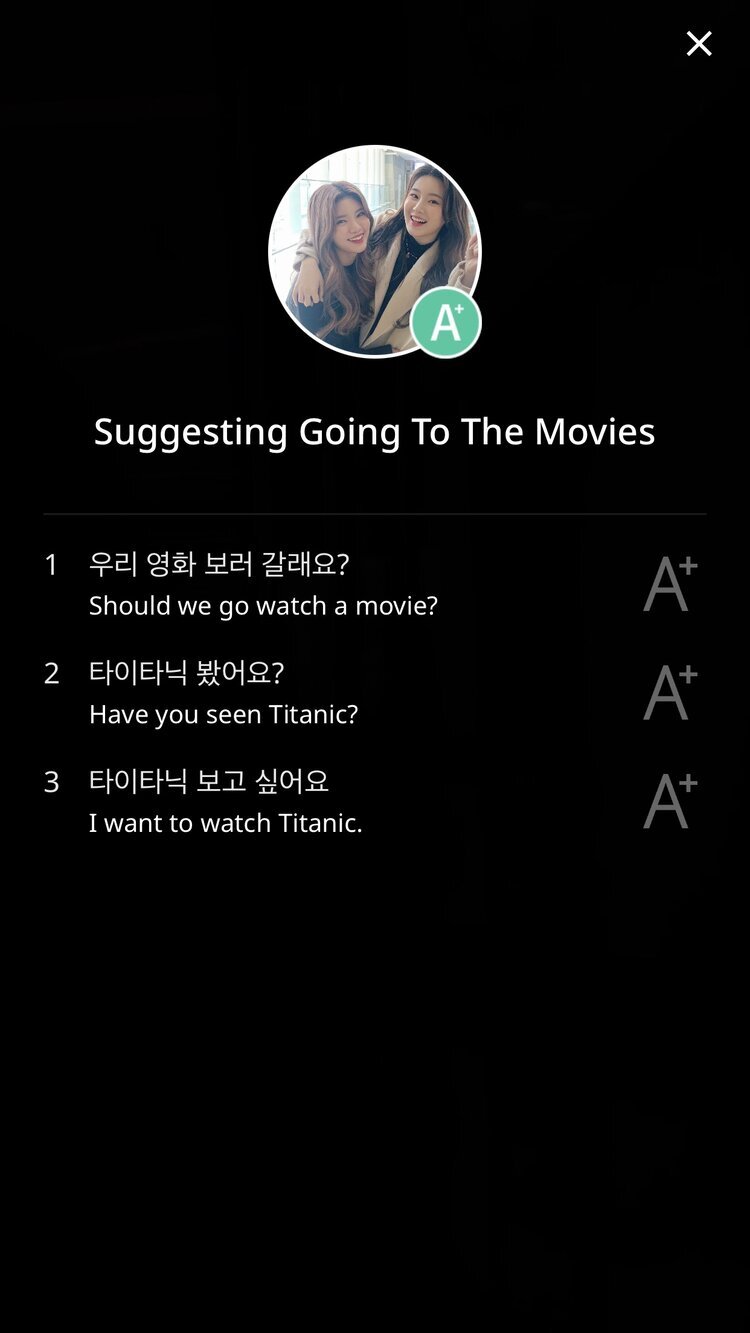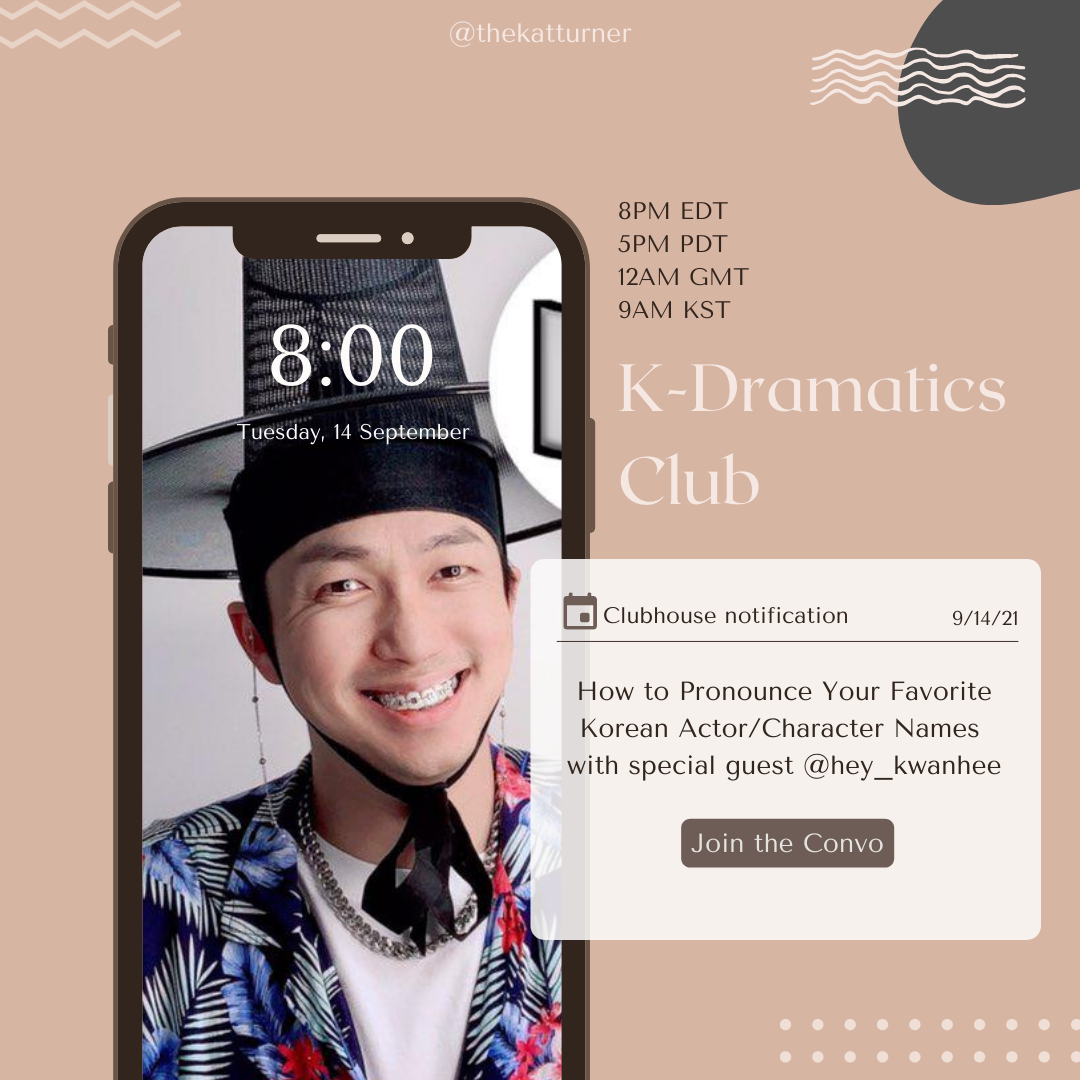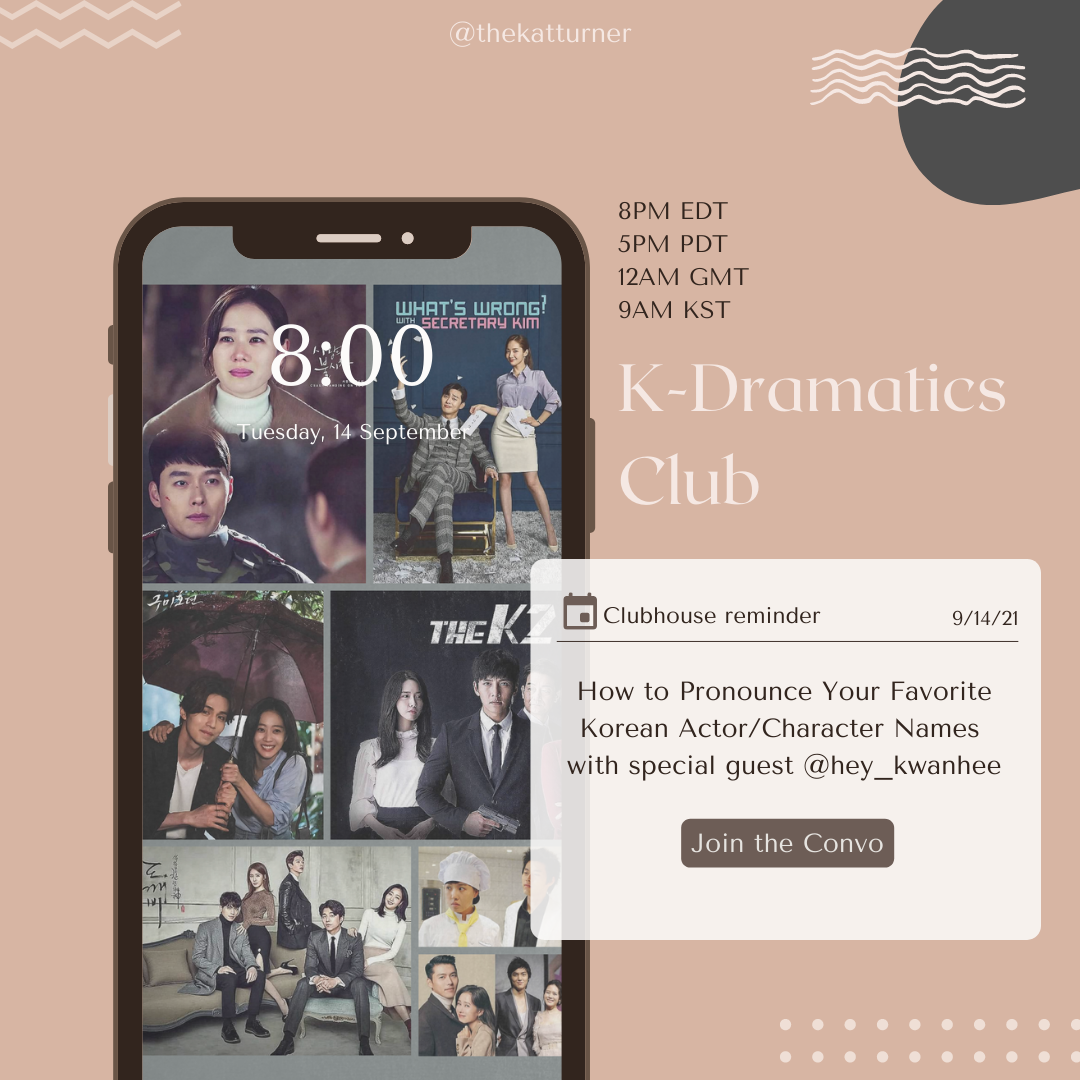Can You Learn to Speak Korean By Watching K-Dramas?
The other day on a Facebook post a friend of a friend said her husband insisted he could speak Korean after watching K-dramas and she was laughing at him. She even had the laughing emoji 😂. So of course I had to come to his defense. Maybe you weren’t expecting to learn a new language but if you’re like me, the more K-dramas you watch, the more you’ll begin to recognize some frequently used words and phrases. Same goes if you’re into K-pop music and listen to BTS or Black Pink.
Shim Cheong (Jun Ji-Hyun) learning Korean by watching K-dramas on a computer in Legend of the Blue Sea. Sadly, learning Korean isn’t as easy if you’re not a mermaid. 😂 🧜🏼♀️
One of my favorite streaming services, Viki, has one of the best tools to help you learn Korean (한국어) while watching K-dramas. Select the “learn mode” in the subtitle options (not available for all titles) and it displays text in both English AND Korean. You can click on any Korean word to see the romanization (English spelling) and definition, there’s also a speaker icon you can click to hear the pronunciation. See arrows on the photo below for all the features.
Believe it or not TikTok is also a great resource for learning Korean words. A few of my favorites are ShichanOppa, jfromkorea, and Korean_Hamin. All are also on Instagram and have YouTube channels as well.
Shichan Oppa
jfromkorea
Korean_Hamin
I like TikTok because the format allows you to practice words by easily pausing, and the videos automatically loop for easy repetition.
Korean_Hamin is creating videos with clips from some favorite K-dramas where he explains in detail what the dialogue means. Here are two: one from It’s Okay to Not Be Okay, and one from Crash Landing On You.
Hamin is the first native Korean speaker I found on TikTok.
Shichan Oppa helps you learn Korean using BTS.
Shichan Oppa has been offering classes via Zoom which is great because it allows you to interact with him as well as other people taking the class. It’s really helpful to be able to have Shichanssi (I’m older so technically I can’t call him Oppa ;) give you feedback real-time. I’ve taken several classes by Shichan and ended up with a study partner from the Netherlands who I meet with on Zoom every week.
Jae (jfromkorea) is another native speaker who I’ve been privileged to take a series of classes via Zoom. Again, being able to interact with Jae and have him correct or praise my pronunciation is invaluable. Our class formed a study group and we meet once or twice a week via Zoom to practice.
Jae likes to give Shichan and Hamin a run for their money by throwing in the Busan dialect.
Both Shichan and Jay offer group classes, Shichan also offers private classes. I am so grateful to have connected with both my 산생님 (teachers) and can’t wait to meet them in person when I go to Korea.
If you want to get more serious about learning Korean check out 90-Day Korean or Talk to Me in Korean. Both have websites, and YouTube channels, and 90-Day Korean has an app as well. I learned the Korean alphabet by doing 90-Day Korean’s 90-minute challenge. Literally, in less than 90-minutes, I was able to learn the entire Korean alphabet, though admittedly I still struggle with some of the special vowel combinations. Another great app is Teuida. “Teuida's first-person virtual conversations will get you speaking everyday Korean expressions in real-life scenarios” as seen in the photos below.
I wish I had recorded myself back when I started using Teuida. While I’m sure there will come a day that I cringe at what I sound like in the videos below, it’s definitely a long way from day one. Be sure to use the arrow > on the right side below so you see all four videos!
Another way to pick up some Korean vocabulary is through translation apps. Google translate, Apple’s translate app added in the iOS14 update, and my favorite, Papago. You can type a word in your language and have it translate in Korean. You can also use the microphone to speak a word or phrase. If you do this in Korean you’ll get a feel for how accurate your Korean pronunciation is. I highly recommend you add Papago as an extension in the Chrome browser because it makes it easy to translate right on the page you’re on just by highlighting the text.
Here’s a list of some of the words you’ll regularly hear in K-dramas. Next time you watch listen and see how many words you recognize.
annyeonghaseyo (안녕하세요!): Hello
yeoboseyo (여보세요): Hello when answering phone
gamsahabnida (감사합니다): Thank you
mianhae/mianhaeyo (미안 해요): I’m sorry
jwesonghabnida (죄송합니다): Sorry (more formal)
saranghae (사랑해): I love you
sarang (사랑): Love
joahae (좋아해): I like it
geumanhae (그만해): Knock it off
hajima (하지마): Stop it
gaji ma (가지마): Don’t go
uljji ma (울지마): Don’t cry
jjamkkanman (잠깐만): Wait a minute
gwaenchana? (괘찮아?): Are you alright?
gwaenchana (괘찮아): I’m fine.
arayo (알아요): I know
geurae (그래): Okay
jal jinaesso? (잘지냈어?) Have you been well?
jal jinaesso (잘지냈어): I was good
jal jinae (잘지내): Take Care
jal mokketsseumnida (잘 먹겠습니다): Thank you for the meal (before you eat —I will eat well)
jal mogotsseumnida (잘 먹었습니다): I really enjoyed the meal.
chaebol (재벌): Large, conglomerate family-controlled firms of South Korea characterized by strong ties with government agencies.
Addressing people respectfully is key in Korea. Folks may say “age is just a number” but in Korea, age plays a large role in how you address someone. Also while a Korean term may literally translate to brother or sister, it’s used for more than just blood-related siblings.
sunbae (선배): Female speaking to an older male in a professional or school setting.
oppa (오파): Females speaking to older males. Oppa is a word one might call their boyfriend but it doesn't actually mean boyfriend.
noona (누나): Older sister (used by males).
hyung (형): Older brother (used by males).
onni (언니): Older sister (used by females).
dongsaeng (동생): Both little sister and little brother. If you want to put more emphasis on the gender of dongsaeng you can add yeo for girls and nam for boys.
omma (엄마): Mom
omani (어마니) : Mother (more formal than Eomma).
appa (아빠): Daddy, dad.
aboji (아버지): Father (more formal than Appa)
halmoni (할머기): Grandmother
haraboji (할아버지): Grandfather
Hallyou/Korean Wave: A term widely used to refer to the popularity of Korean entertainment and culture across Asia and other parts of the world. You don’t see this word in dramas so much BUT you’ll see it if you start Googling your favorite actors, actresses and musicians.
Fighting: Is a word of support or encouragement. In K-dramas, you’ll literally hear them say “fighting” in English many times while making the gesture of bringing their arm(s) towards their body with clenched fist(s). There is not a pronounced “f” sound because the “f” sound doesn’t exist in the Korean language so sometimes it’ll sound more like pa-i-ting (파이팅) or hwa-i-ting (화이팅).
UPDATE 4/10/21 I hosted a room in the K-Dramatics Club on Clubhouse with special guest ShichanOppa.
Another great room in the K-Dramatics Club on Clubhouse with Lee Kwan-hee!



